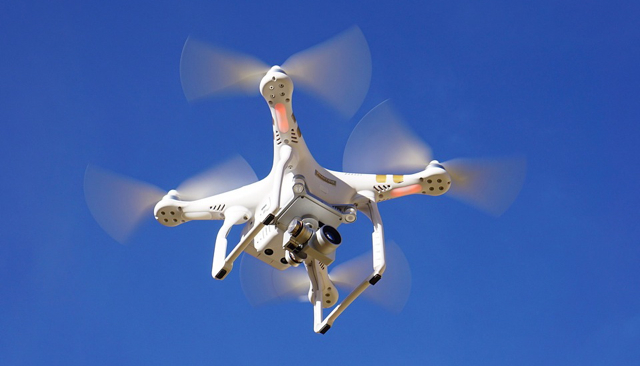UN Civil Aviation Group Brainstorms Global Drone Standards
September 26, 2017
The United Nations’ 191-member state International Civil Aviation Organization held its first-ever symposium to solicit industry ideas on global operating standards for drones. Held at the ICAO’s Montreal headquarters, the two-day event was not aimed at establishing specific rules but rather to spur discussion and ideas among those already involved in the drone industry. Amazon, NASA, Boeing and General Electric participated along with leading industry trade associations and Chinese and Brazilian researchers.
The Wall Street Journal quotes ICAO top safety official Stephen Creamer that the goal of the symposium was to “identify the problem the industry thinks it has” with current ideas about regulation and to suggest “alternative approaches.”
Currently, in Europe, “aviation experts say a huge chunk of its airspace is off-limits to drones because of terrorism and other security concerns.” In Canada, citizens are urged to call police if they see questionable drone activity, and in the U.S., “where commercial drones were basically banned from the skies until 2016, their numbers are projected to top 1 million within four years.”
In the U.S., the FAA is expected to “maintain most current restrictions for a year or more, until it issues the next round of final regulations intended to authorize flights over populated areas or beyond sight of operators on the ground.”
FAA flight standard service head John Duncan said that, “we can’t afford to be cavalier with integration,” and European Aviation Safety Agency executive director Patrick Ky reports that, “voluntary compliance with industry standards is the path to pursue,” noting that his group is “not going to rely so much in Europe on rules anymore.”
Creamer said the ICAO “increasingly is leaning toward promoting largely voluntary, industry-crafted standards that would prevail across the globe,” with consideration of a “centralized information-sharing system for drone registrations.”
Elsewhere, WSJ reports that “a federal court in Massachusetts has struck down key elements of a local drone ordinance that had significantly restricted where residents could fly the devices, affirming the limited power of cities and states to regulate unmanned aircraft.”
The city of Newton had restricted flights to drones weighing less than 55 pounds but, in January, “resident Michael Singer sued the city,” to strike down requirements that drone owners register their aircraft with the city and a ban on flying drones “below an altitude of 400 feet over private property without permission of the property owner.”
U.S. District Judge William Young of Massachusetts ruled that “the ordinance was in direct conflict with federal government’s drone policies mandated by Congress,” adding that “a collision between local and federal rules” gives priority to federal laws. The judge’s ruling, however, left other provisions of the local ordinance (which Singer did not contest) in place, against “operating drones in reckless manner or using them to spy on people.” Singer, a physician/scientist, “was researching ways of using drones for delivering medical services” at the time the ordinance was put in place.
At the Consumer Technology Association, which supported Singer’s suit, vice president of technology policy Doug Johnson said that, “this decision establishes a rock-solid affirmation that the federal government unequivocally holds jurisdiction over the drone industry.”


No Comments Yet
You can be the first to comment!
Sorry, comments for this entry are closed at this time.